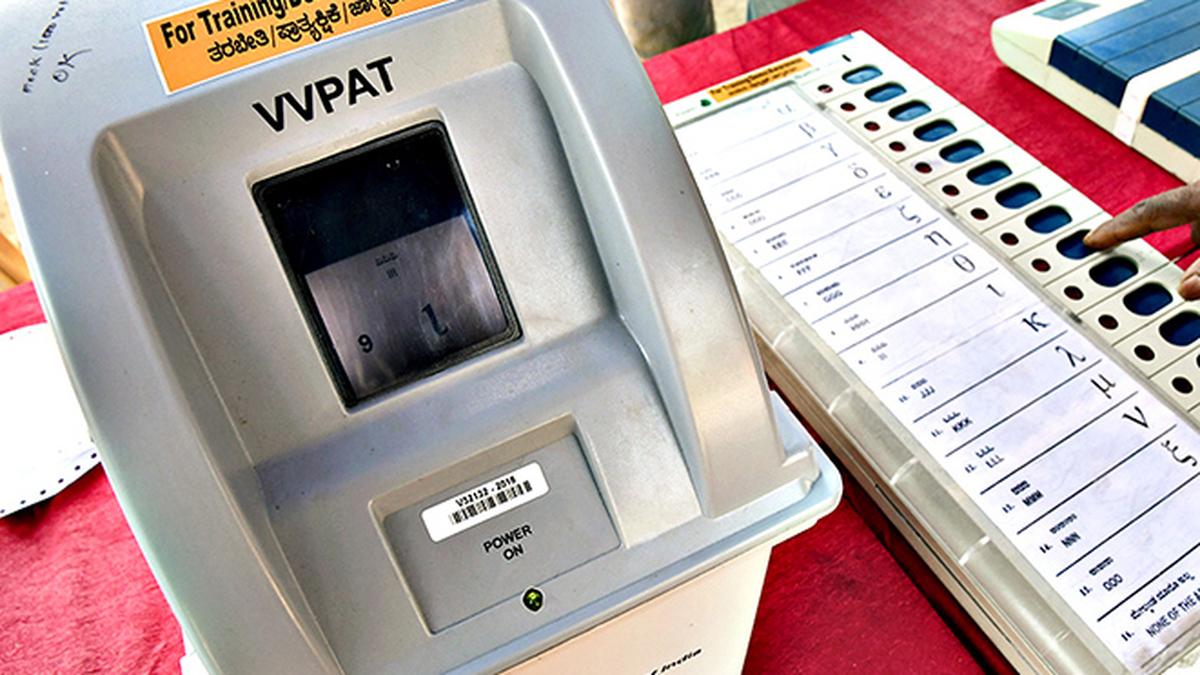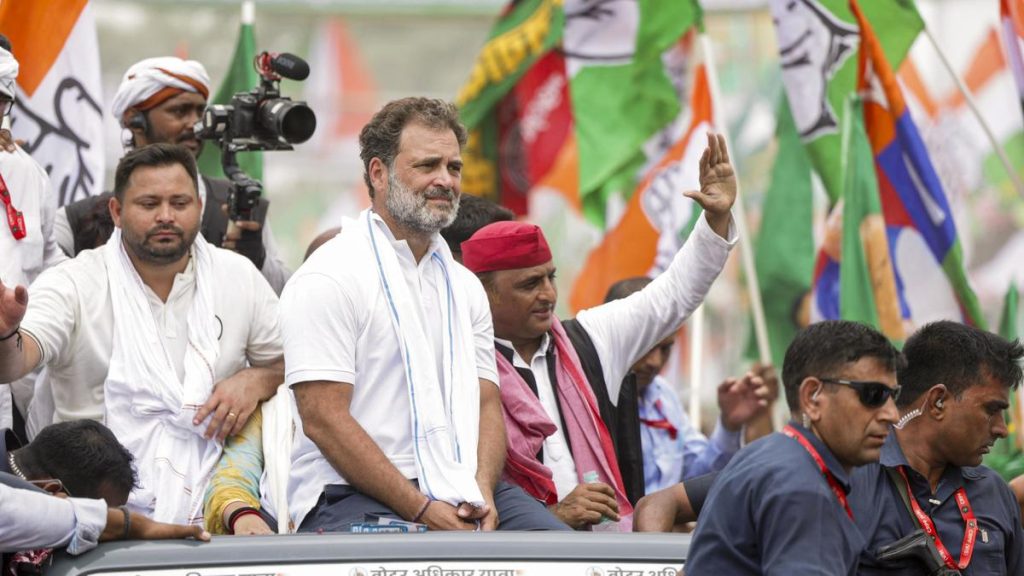Now Reading: West Bengal to Set Up 14,000 New Polling Booths for Next Year’s Assembly Elections
-
01
West Bengal to Set Up 14,000 New Polling Booths for Next Year’s Assembly Elections
West Bengal to Set Up 14,000 New Polling Booths for Next Year’s Assembly Elections

Quick Summary
- The Chief Electoral Officer (CEO) of West Bengal held a meeting with representatives of all major political parties on August 29,2025,regarding the rearrangement of polling booths.
- A new arrangement reduces the voter count per booth from 1,500 to 1,200, resulting in an additional 14,000 booths for the state.
- Political parties have until September 8 to submit written objections or complaints about this new setup.
- Trinamool Congress (TMC) Minister Aroop Biswas stated that his party does not oppose the changes but emphasized that additional booths should remain within existing polling stations to ensure easy accessibility for voters. He also reiterated TMC’s opposition to conducting Special Intensive Revision (SIR) in West Bengal.
- BJP leader Shishir Bajoria questioned claims made by District Election Officers that political parties raised no issues concerning booth restructuring and alleged irregularities regarding Booth Level officer (BLO) appointments sourced from TMC offices.
- Congress members participated with “No Political SIR” placards during the meeting.
- the current number of polling booths in West Bengal is approximately 80,661; with additional booths added,this will rise to about 94,497.
- Legislative Assembly elections for West Bengal are scheduled for 2026.
Indian Opinion Analysis
The decision to increase polling booths by reducing voter numbers per booth is likely aimed at easing logistical challenges during elections and enhancing voter accessibility. However, this move entails significant management efforts as all political parties must allocate more booth agents across an expanded network – a prospect posing both operational and financial challenges even for well-established organizations like TMC and BJP.
Concerns raised during this meeting highlight two key issues: ensuring impartiality in election arrangements and reducing potential logistical barriers for voters caused by relocating new voting sites farther apart. Allegations against BLO appointments could warrant independant scrutiny if substantiated; addressing these concerns might help bolster trust ahead of assembly polls.
resistance surrounding Special Intensive Revision reflects broader tensions over electoral interventions perceived as politically charged-a recurring theme across states-but its absence from Friday’s proceedings signals a temporary reprieve amidst these complex electoral preparations.























